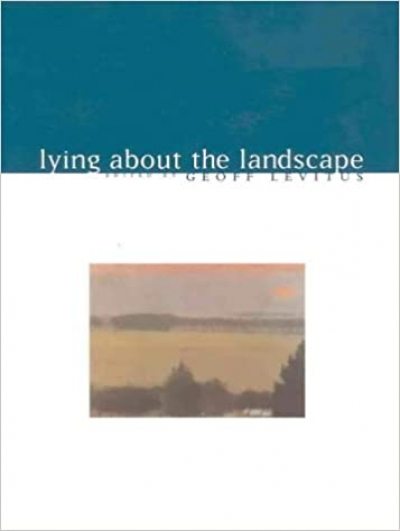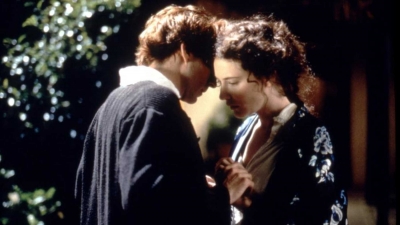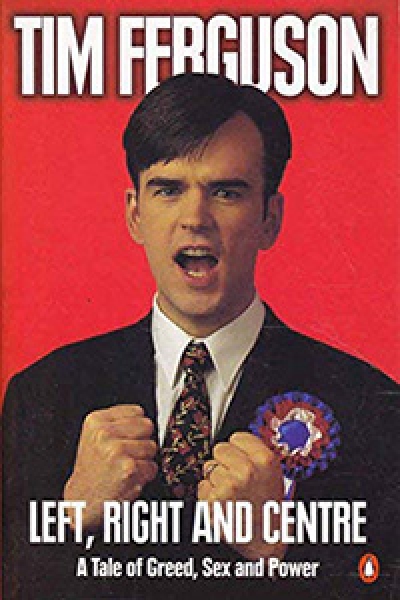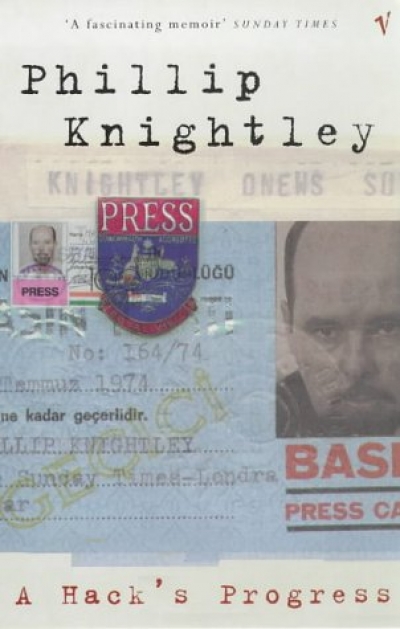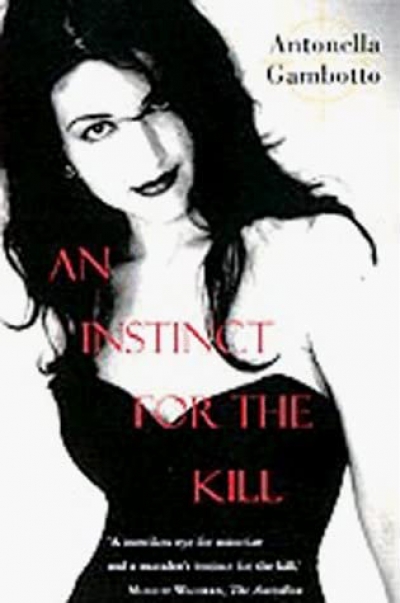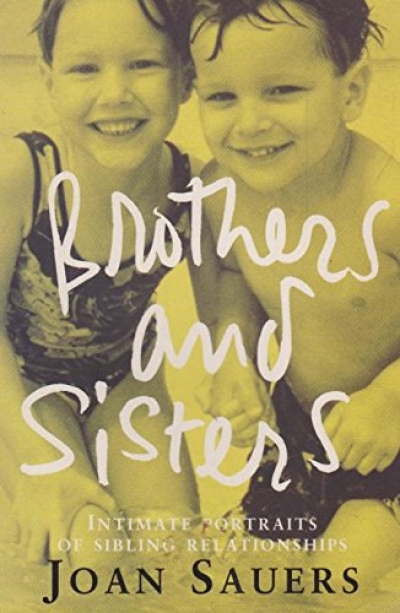Accessibility Tools
- Content scaling 100%
- Font size 100%
- Line height 100%
- Letter spacing 100%
Archive
Last month’s editorial on reviewing and its ailments in Australia seems to have touched a few raw nerves. Various reviewers have enquired nervously about whether I was referring to them, for instance. On the other hand, as a result of the editorial, I have held a number of valuable conversations about the state of reviewing in Australia. Alas this is not reflected in the Letters pages of this issue. It seems with such a long break between the December/January issue and the February/March issue, the letter writers think of other things. Letters in this issue are few, fewer than any issue for several years.
... (read more)Oscar and Lucinda is the next best thing we have to that gleaming oxymoron a contemporary Australian literary classic. It won a swag of prizes (not least the Booker); it is a long vibrant narrative, including history full of the rustle of Victorian costumes, but with a whisper of the horrors on which this country was founded with a brief ghastly moment representing the murder of Aborigines.
... (read more)Left, Right and Centre: A tale of sex, greed and power by Tim Ferguson
A player of the calibre of John McEnroe constantly thrills his audience with strokes so perfectly timed that they appear effortless and lethal – and it is this combination which regularly amazes spectators. They may at times sense that what contributes so effectively to this timing is an early preparation of his strokes. He seems always already ready. It is, I suspect, only on fewer occasions that an admiring audience can see, and appreciate, what lies behind that: an ability, seemingly an uncanny one, to anticipate the play of the opponent. So uncanny sometimes that spectators come close to laughing, embarrassingly, at the supposed ‘luck’ of the player – to manage even to ‘get the racket at’ some extremely difficult or unexpected shot by the opponent, but then perchance to hit it for a winner. But the wise audience ‘knows’ that only the exceptional player has such ‘luck’ and has it so often. It is uncanny.
... (read more)Brothers and Sisters: Intimate portraits of sibling relationships by Joan Sauers
I opened up my last issue of ABR to see my photograph. It’s there because I was mentioned at a conference at La Trobe as evidence of an ascendant antiintellectualism. I suspect my new reputation as a villain on the black hat side of the Culture Wars has a lot to do with my play, Dead White Males, or, more accurately, the fact that the play proved popular with audiences. Dead White Males satirised the dominant theology of the humanities, variously called postmodernism, post-structuralism, deconstructionism, social constructionism or what you will.
... (read more)
